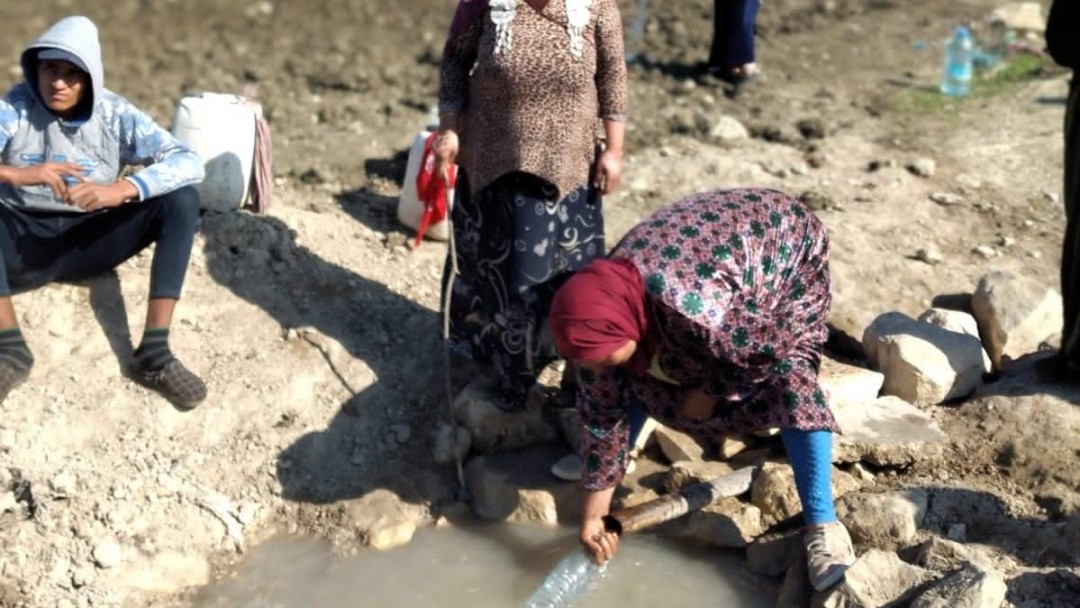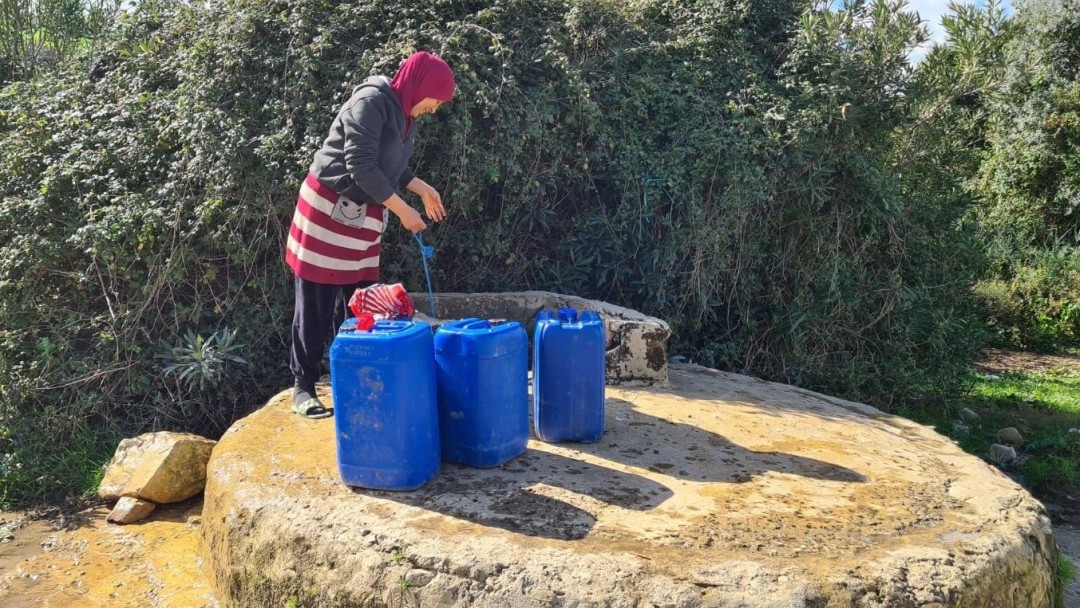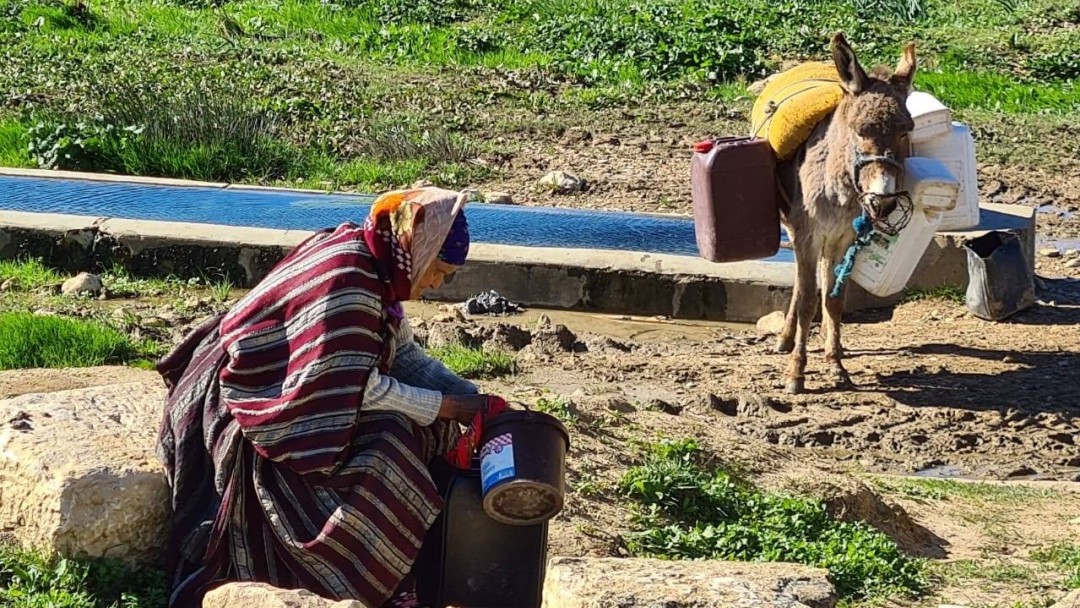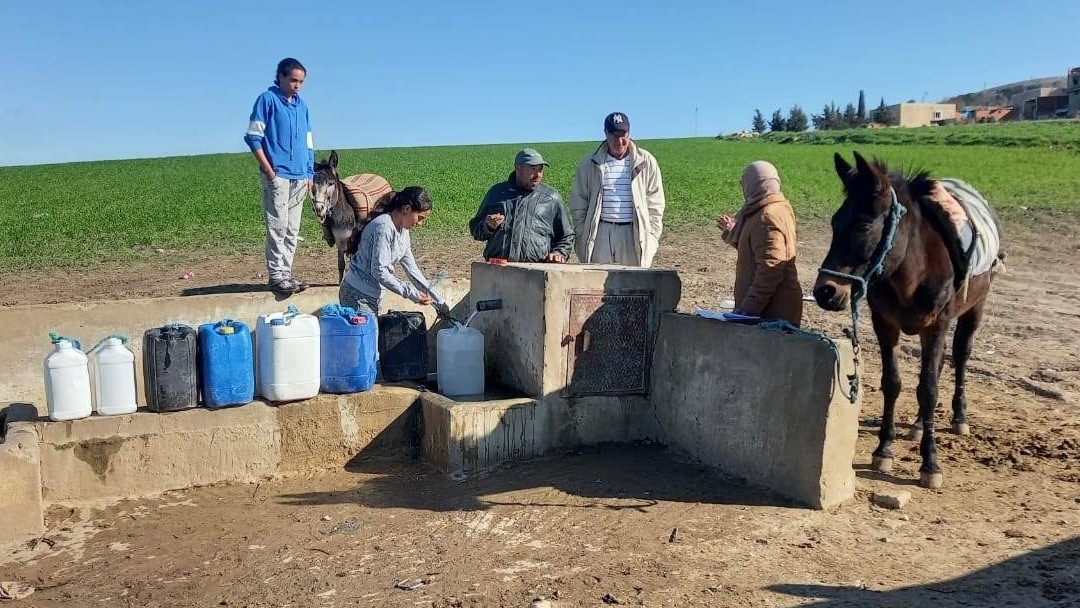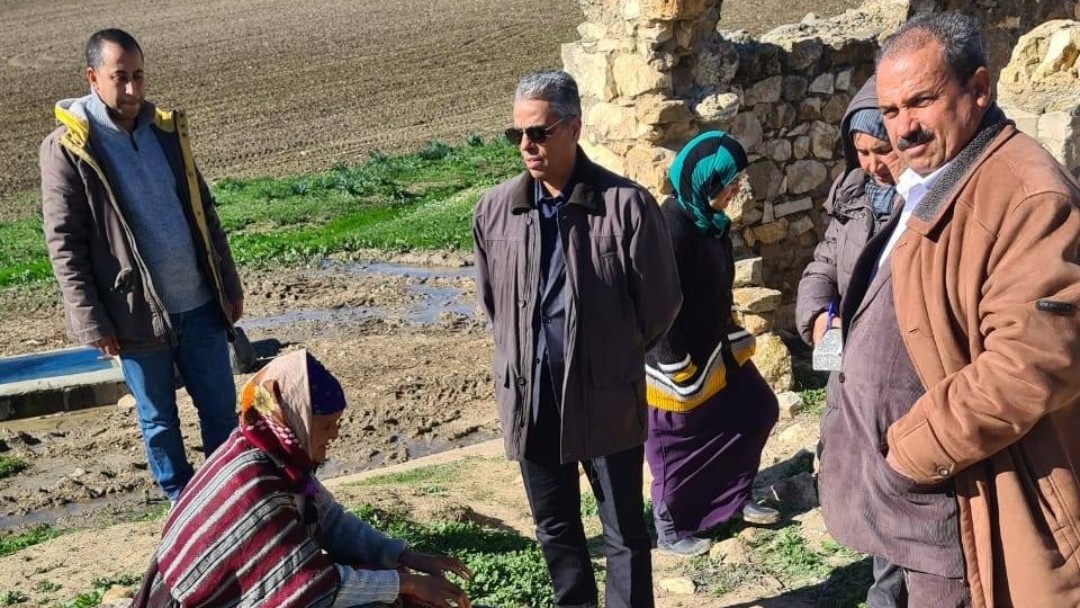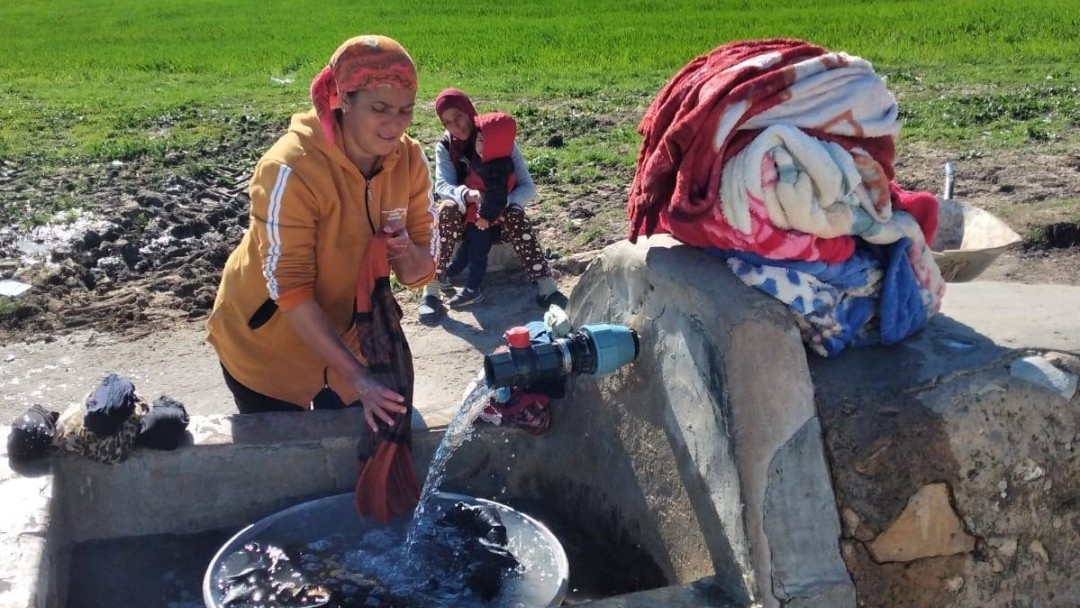News from 2024-03-22 / KfW Development Bank
Tunisia - Water is rare and precious
Promoting sustainable use through integrated water resource management
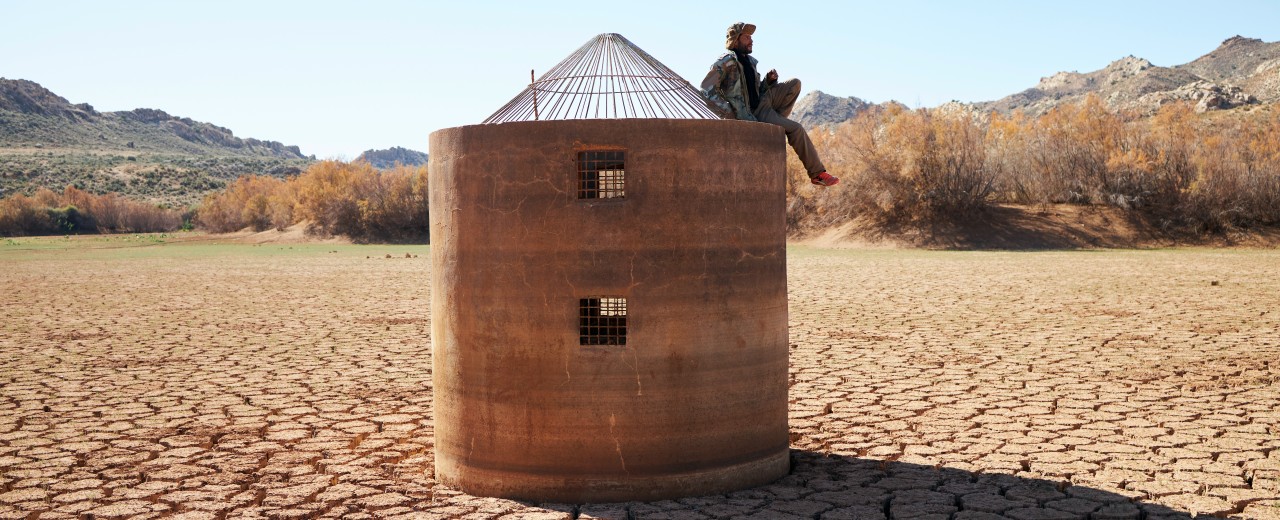
This year's World Water Day on March 22 is being celebrated under the motto "Water for Peace". The day of action launched by the UN is a reminder of the ambitious goals of SDG 6, which aims to ensure the availability and sustainable management of water and sanitation for all people. Even though significant progress has already been made in recent years, 1.6 billion people are still expected to live without a secure supply of drinking water by 2030. On behalf of the German Federal Government, KfW is working with partner countries to achieve the UN development goal.
Tunisia is also fighting for the availability and fair distribution of fresh water resources. The country is one of the most water-scarce regions in the world. Social unrest and riots occur time and again due to the prevailing water shortage in many places, which is reflected in this year's motto for World Water Day: Water makes an important contribution to social peace. KfW is supporting Tunisia with numerous projects for integrated water resource management.
The water shortage in the country is alarming: in mathematical terms, the Tunisian population only has access to around 450 cubic meters of water per capita each year. In comparison, each person in Germany consumes around 2,600 cubic meters per year. This makes Tunisia one of the so-called "severely water-stressed countries". The effects of climate change are already clearly evident: very wet years with severe flooding that cause damage to infrastructure and agricultural land are often followed by dry years with persistent water shortages. In the past four years, for example, it has rained significantly less than usual. A large part of the wheat harvest has dried up and the reservoir reserves have fallen to just under a third of their capacity.
At the same time, Tunisia's water resources are unevenly distributed in terms of time and region. While the average annual rainfall in the north is 1,500 mm, the south records just 150 mm. Water transfers and seawater desalination, among other things, are used there to provide drinking water. However, the resource has not yet reached everyone and is not being used efficiently enough. In outdated and dilapidated pipe networks, 25 % of tap water seeps away, in some regions even more. The tariffs for drinking water and wastewater are too low to cover costs and maintain the supply networks, let alone expand them. Illegal water extraction and informal wells are also a widespread problem. Groundwater levels are falling due to persistent droughts and, in many places, overuse. This also means that groundwater is no longer fully available as a reserve.
IWRM as a solution
In order to respond holistically to this situation, KfW's involvement in the Tunisian water sector is innovative and diversified: in addition to coastal protection, desalination, sewage sludge and wastewater reuse, IWRM is the major keyword that also guides the Tunisian government's sector policy. IWRM stands for "Integrated Water Resources Management" and aims to develop integrated planning instruments for sustainable use and to adapt sustainable water technologies to different climatic, ecological, economic and social conditions. The IWRM approach in Tunisia comprises numerous measures totaling around EUR 1.1 billion to make water available, reduce water losses, increase storage capacities and manage water, soil and coasts sustainably. This not only serves to adapt to climate change, but also promotes economic and social development. The measures reach around 4.5 million Tunisians.
Expansion of the rural drinking water supply in northern Tunisia
While almost all households in most Tunisian cities are connected to water supply systems, many rural communities lack safe and nearby access to drinking water. Although comparatively high levels of rainfall are recorded in the north of the country in particular, the connection rates in the rural areas there are below the national average in many places. Even in the disadvantaged areas of the northern governorate of Béja, the drinking water infrastructure is only very poorly developed and does not provide a continuous and hygienically safe drinking water supply. The population, which is severely affected by poverty, is mostly dependent on uncontrolled and often distant sources for its supply, with serious health risks and a non-negligible burden, especially for women due to the distribution of domestic roles.
Against this background, KfW has been financing an extensive drinking water supply system in the provinces of Béja Nord, Amdoun and Nefza on behalf of the German Federal Ministry for Economic Cooperation and Development (BMZ) since 2015. With the help of the construction of a treatment plant as well as primary and secondary networks, around 90,000 people are to be supplied with drinking water treated and distributed from the Kasseb dam within the planning horizon of 2040. In order to extend the drinking water supply system to all target communities, the second phase of the project (project period 2025-2030) is currently being prepared. Communities that could not be connected to the drinking water supply in the first project phase are now pinning their hopes on the continuation of the project. A target group survey conducted in the run-up to the second project phase reflects the still precarious situation on the ground. Here, residents from the governorate of Béja - especially women - have their say:
The project contributes to improving living conditions and socio-economic development in the rural project regions by providing a continuous and hygienically safe supply of drinking water. Hygiene conditions are improved, the risk of waterborne diseases is reduced and the pressure of water shortages, which mainly affects female household members, is alleviated in the future.
However, the challenges in the water sector remain significant and will continue to require extensive investment in the future in order to address them and come a step closer to achieving SDG 6.

